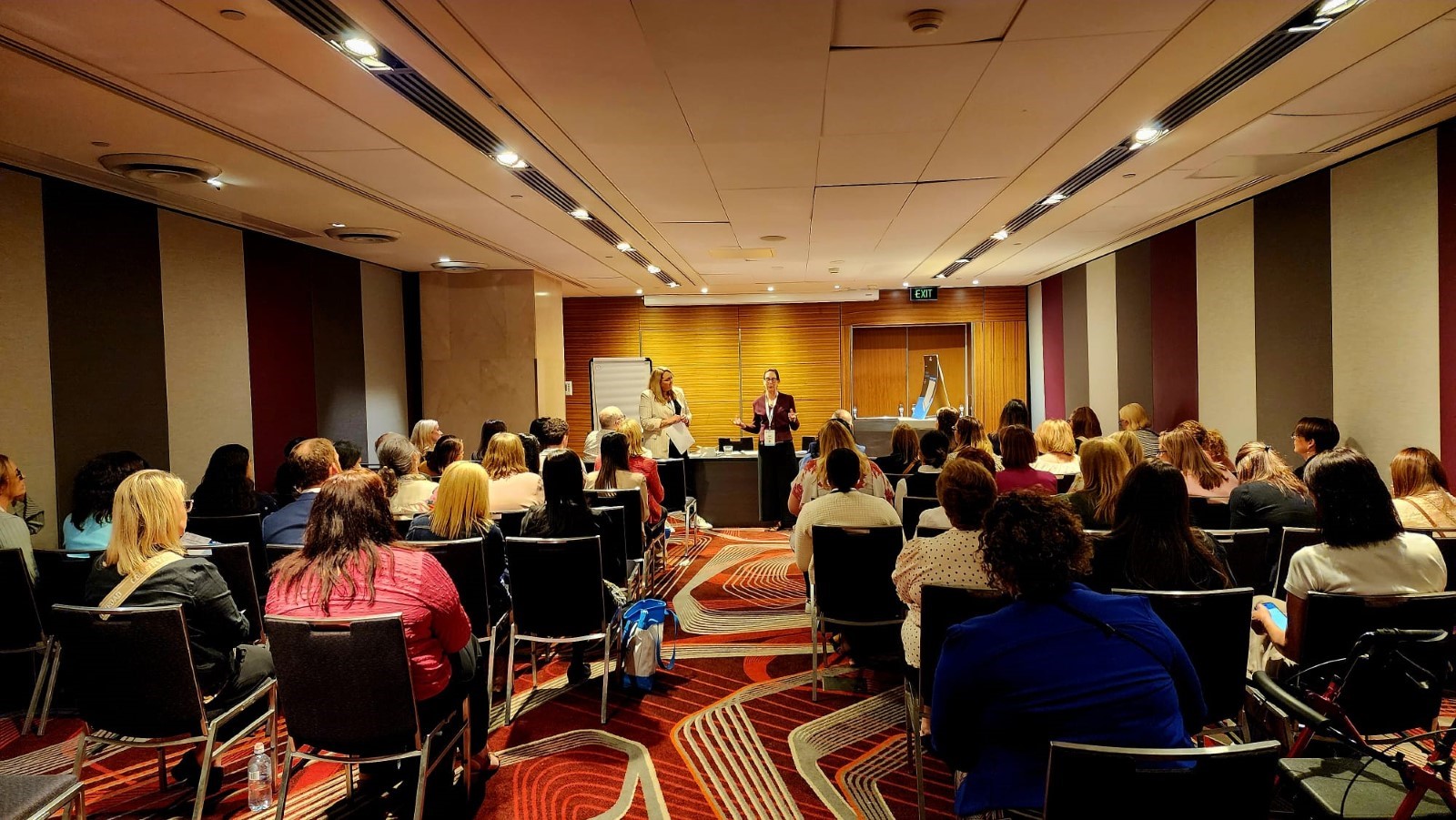
On September 11, 2024, at the Hilton in Sydney, RLDatix had the privilege of facilitating 2 back-to-back roundtable discussions as part of the Aged Care Quality, Safety, and Risk Forum 2024 organised by Aventedge. The session, led by Sharee Daniel, Risk Management SME at RLDatix, and supported by Ceinwen Lawrence, Clinical Governance – Hospitals, Calvary Health, focused on fostering a culture of open communication in aged care organisations.
With a full room of delegates keen on improving their organisational culture, the session explored three key questions that address open disclosure, staff engagement in reporting, and continuous improvement.
Here are the questions and some key takeaways from across the sessions:
Question 1: What are you doing to foster a culture of open disclosure and communication?
Participants agreed that establishing a culture of transparency and psychological safety is crucial for open disclosure. Some key takeaways included:
- Quality of disclosure and transparency: Organisations must prioritise clear, honest communication.
- Building a safe culture: Ensuring that the workforce feels both safe and supported encourages openness.
- Focusing on psychological safety: Employees need to trust that they won’t face negative consequences for being transparent.
- Using specific scripts and scenarios: Staff benefit from training on apologising and managing disclosure situations.
- Leadership’s role: The journey begins with the board and senior leadership, setting the tone for openness.
- Responsibility is collective: Everyone in the organisation is responsible for fostering a culture of transparency and for sharing positive outcomes.
Question 2: Often, staff don’t see the value of reporting. How do you overcome this barrier?
The group discussed how to make reporting meaningful for staff, especially when time is limited. Key insights included:
- Official rostering time: Allocating 15 minutes for staff to report incidents shows that reporting is valued.
- Ease of reporting through technology: Streamlining incident reporting via intuitive apps, with prompts before staff finish shifts, removes barriers.
- Inclusive investigative processes: Involving staff reporting incidents in the investigative process ensures they see the value and impact of reporting.
- Clarifying reporting as a process: Staff need reassurance that reporting leads to positive outcomes, not just paperwork.
- Using data to demonstrate impact: Quantitative data can show improvements resulting from reporting, reinforcing its importance.
Question 3: How do you ensure/promote a culture of continuous improvement?
Participants agreed that fostering continuous improvement requires moving beyond compliance and adopting innovative, proactive approaches. Suggestions included:
- Embedding a learning culture: Organisations must encourage staff to view incidents as opportunities for learning, and not blame. Building feedback loops where outcomes and lessons learned are shared openly can help drive improvement.
- Encouraging experimentation: Leaders should support staff in testing new methods and processes, creating an environment where innovation is welcome and recognised.
- Promoting cross-functional collaboration: Continuous improvement thrives when teams across departments, such as clinical, administrative, and operational, collaborate to share insights and tackle challenges collectively.
- Using real-time data: Leveraging real-time dashboards and analytics tools helps teams track progress and identify areas for improvement quickly.
This session sparked engaging discussions, and the above points serve as key takeaways for those who attended. By sharing these insights, we aim to inspire continuous efforts to foster open communication, improve reporting practices, and drive cultural transformation across the aged care sector.
Discover how RLDatix’s Governance Risk and Compliance Solutions can help to promote a safer and supported workforce in Aged Care Organisations across Australia.
To continue our discussions, click HERE to get in touch.

